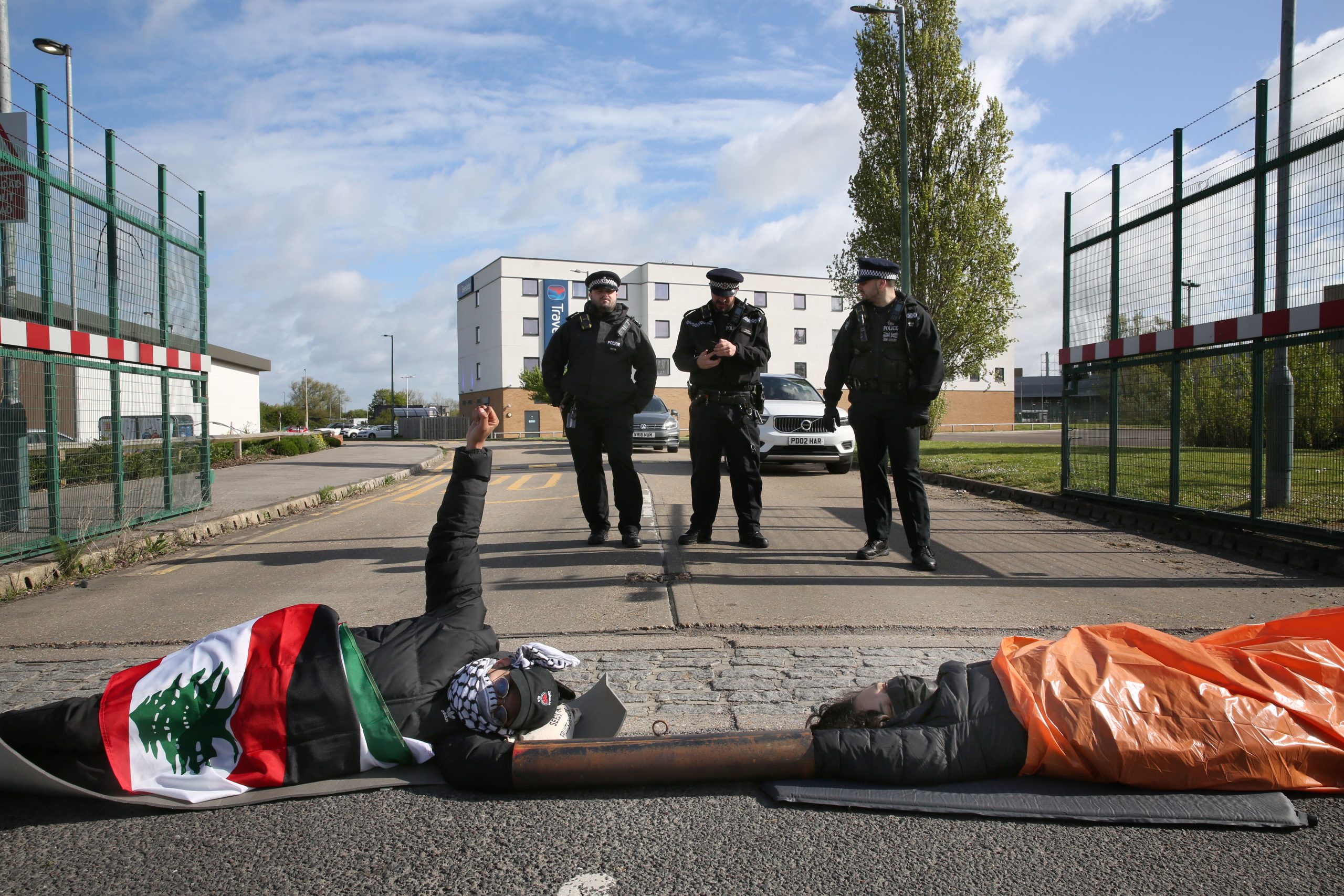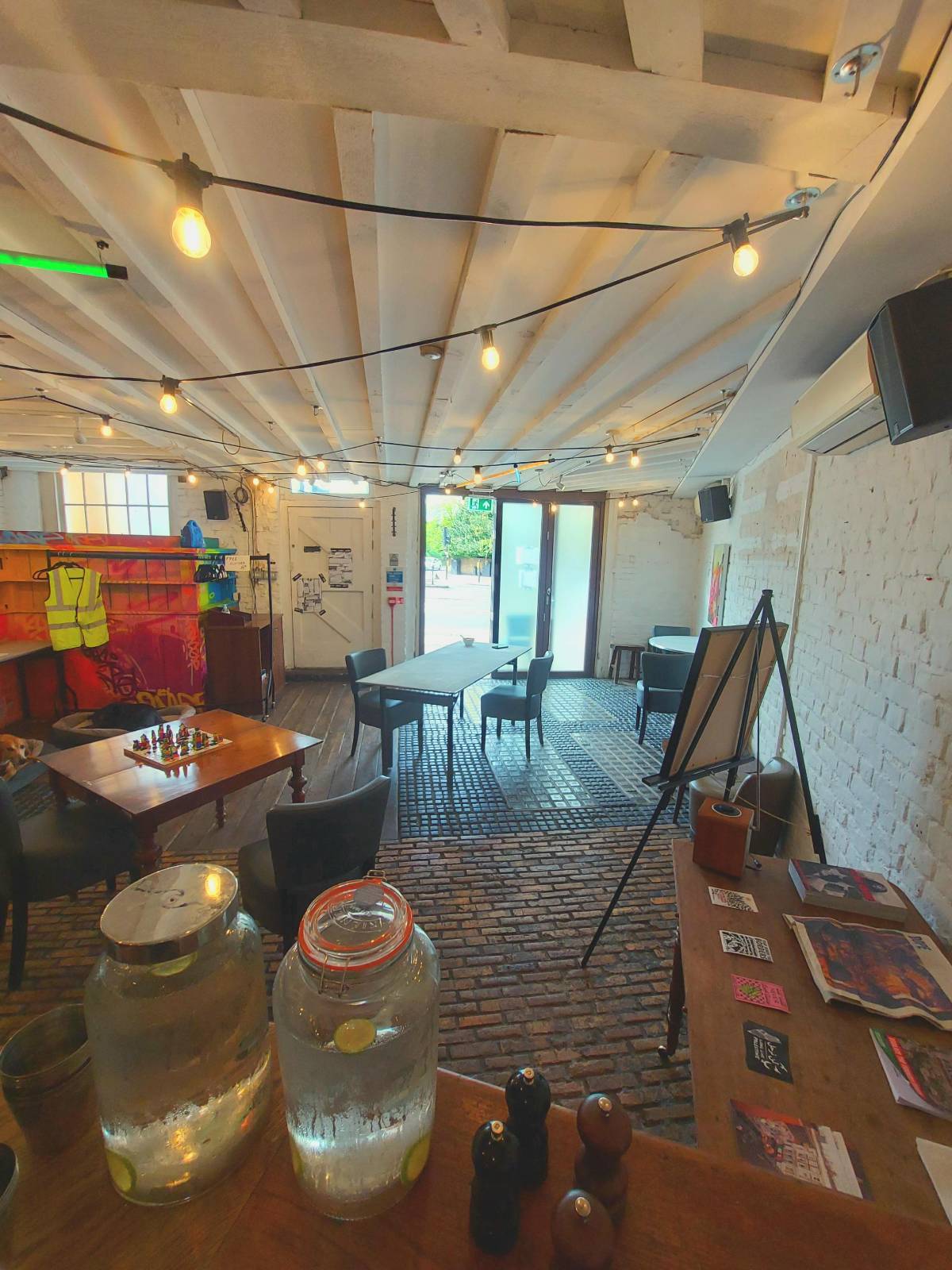This Sunday will see the International Day of Solidarity With Trans Prisoners, a day to highlight the struggles of trans people behind bars and fight for a world without prisons. First imagined by US Earth First! prisoner Marius Mason, the day aims to acknowledge the experiences of trans and other sex and gender-minority prisoners. In a statement, organisers transprisoners.net said:
Once incarcerated, trans people face humiliation, physical and sexual abuse, denial of medical needs, and legal reprisals. Many transgender people are placed in solitary confinement for months or years, simply for being trans. Trans women are usually placed in men’s prisons, where there is a massive increased risk of experiencing sexual violence.
For more information check out the group’s outstanding magazine [pdf].
Noise and candles
In Britain, following the tragic and preventable death of Jenny Swift on December 30th, there will be two demos held by supporters and allies in London and Doncaster.
- HMP Doncaster, Marsh Gate, Doncaster DN5 8UX at 4pm [FB event]
- HMP Pentonville, Caledonian Road, N7 9BQ at 6pm [FB event]
The Doncaster event will be a noise demo. Attendees are advised to wrap up warm, bring torches, glow sticks, sparklers, bright things and noisy things so the people held inside know they’re not forgotten.
HMP Doncaster is 22 mins walk from Doncaster train station, well connected by rail. Manchester No Prisons are organising minibuses from Manchester and will be able to shuttle people from the station to the prison and back on the day, Leeds Action for Trans Health are coming from Leeds, Sheffield Action for Trans Health and Queer Agenda Sheffield – QAShare organising lifts from Sheffield.
In London, the Bent Bars Collective will be holding a candle light vigil to honour all trans and gender nonconforming people who have died in prison and all those who are currently incarcerated in prisons, secure hospitals and immigration detention.
Backgrounder: Reforms recommended
Recent deaths even before that of Jenny Swift prompted a review last year into the rights and treatment of trans prisoners, which was completed in November 2016.
The Prisons and Probation Ombudsman has recommended reforms, with the Ministry of Justice introducing ‘safeguards’ to make sure transgender people would not be put at risk in prisons of the wrong gender.
Ombudsman Nigel Newcomen said:
Prisons are always difficult environments, never more so than in recent months, but they have a fundamental responsibility to keep prisoners safe and to protect and support those with particular vulnerabilities. Transgender prisoners are among the most vulnerable, with evident risks of suicide and self harm, as well as facing bullying and harassment.
Officers should also make “reasonable adjustments” for trans prisoners “to help them to live in their gender role,” he said, and must “meaningfully investigate all allegations of transphobic bullying and harassment and taking steps to challenge and prevent it.”
The MoJ review, from Prison Reform Trust director Peter Dawson and Gendered Intelligence co-founder Jay Stewart meanwhile directs:
People who are living in a gender different to that of their assigned sex at birth should, as a general presumption, be treated by offender management services according to the gender in which they identify.
Clear, reasonable criteria should be applied from the outset for all transgender people who receive a binary (i.e. either a male or female) service from NOMS (National Offender Management Service), where it is required.
This process should be free from bias, follow a clear, recorded process and be undertaken by staff who have a sound basic awareness of transgender identity, with access to specialist advice. The transgender person must be fully involved with face-to-face assessment and the giving of reasons both orally and in writing.
But their report also included directives that trans people would have to show evidence of their gender identity, saying “there will be circumstances when a transgender person’s location cannot be straightforwardly reconciled with their views.”








